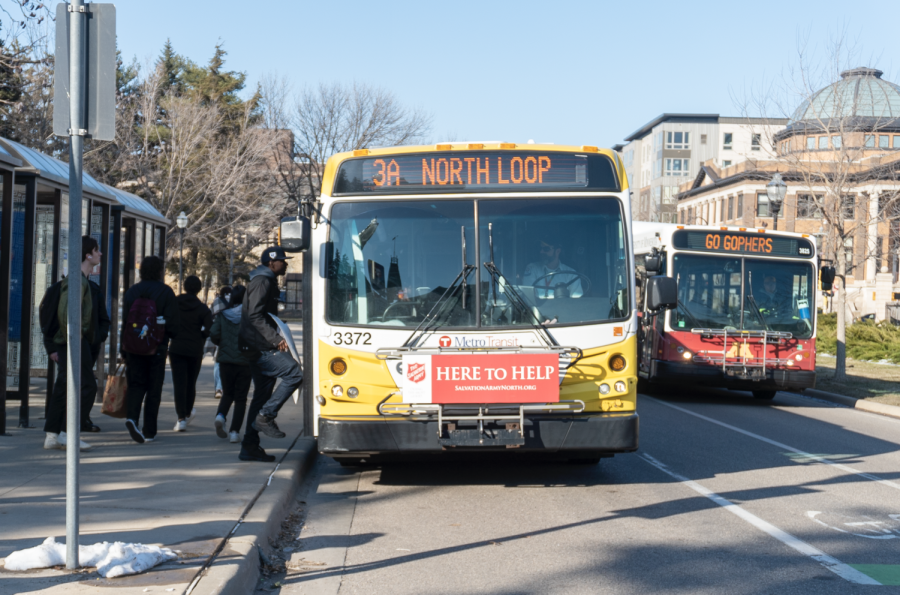While more than two-thirds of physicians across the state are choosing not to certify patients to register for the state’s medical cannabis program, some University of Minnesota doctors are hoping to opt in.
In the two weeks since enrollment began on June 1, 162 health care practitioners in Minnesota have applied to become qualified to certify patients for the medical cannabis program. Some doctors at Boynton Health Service are expressing interest in the program.
College students with any of the nine qualifying conditions for medical cannabis, like seizures, Tourette Syndrome, HIV/AIDS and Crohn’s Disease, can go to
Boynton to become certified to register for the treatment program — and the visit will be covered under the University’s student health insurance.
But some health practitioners are reluctant because there’s not much concrete evidence backing the benefits of using medical cannabis, said Minnesota Department of Health spokesman Michael Schommer.
“I think because there is a lot of uncertainty with the issue at the federal level — and there isn’t as much research on this as some treatments and medicines — there is some natural caution on the part of health care providers,” he said.
Some advocates — like Dr. Kyle Kingsley, chief executive officer of Minnesota Medical Solutions LLC, one of the two dispensaries licensed to distribute medical cannabis in Minnesota — think more physicians will choose to enroll as the program becomes more established.
“I think that, inevitably, physicians are going to be reserved about this,” Kingsley said. “Once they see that this is not Colorado or California, once they see that this is a very different system, and once they get a better feel for our quality system and the medications we make, they’re going to be receptive of this.”
So far, no students have asked for certification at Boynton, and no physicians have registered, said Dr. Jennifer Krzmarzick, Boynton’s director of primary care.
Officials don’t plan to implement an onsite policy about how to handle medical cannabis certification until that number increases, she said.
Until that happens, Boynton will rely on the state health department’s guidelines if a patient asks a doctor for certification.
“Mostly we’d like to be able to [certify] our folks who are long-standing patients,” Krzmarzick said. “If we are the best people who know their health and can certify on the nine qualifying conditions, then that is something that we should do.”
The University of Minnesota Medical Center will also use the state’s policy, but it’s also developing its own policy, spokesman David Martinson said.
The likelihood college students will enroll, however, is low because many of the qualifying conditions aren’t common in young people, Krzmarzick said.
If a student does qualify for and choose to use medical cannabis, state law says that student can’t be expelled from his or her university.
Grace Hersey, a Minnesota native and student at the University of Wisconsin-Madison who was diagnosed with Crohn’s Disease in 2012, said she doesn’t wish to seek out medical cannabis unless her condition worsens.
“I’ve done some research, but my Crohn’s is under control right now. I would for sure get [medical cannabis] if I was sick,” Hersey said.
Some low-income patients seeking medical cannabis can receive the normally $200 annual membership for $50. Those who have public health insurance like MinnesotaCare and fall under the federal poverty level can also get the medication at a lower cost, Kingsley said.
















